The Process
We understand that undergoing surgery can be a significant and sometime overwhelming experience. Our compassionate and expert team is here to guide you through every step, ensuring you feel informed, comfortable, and cared for throughout your journey with us
You should initially present to your GP if you have concerns that you might have a surgical condition or unexplained symptoms. After assessment, your GP may wish to refer you to us. They may send us a referral directly via [email protected] or via Healthlink. On occasion, the GP may give you a paper referral and advise you to book an appointment with us. You can do this by calling 0492953440 or by using the ‘Book Appointment’ link on this website
Your journey with us begins with an in-depth consultation. During this session, our surgeon will review your medical history, discuss your current health concerns, and explore treatment options. We encourage you to ask questions and share any concerns you may have. Our goal is to help you understand your condition and treatment choices fully.
If further tests or imaging are required, we will arrange these promptly and efficiently. This may include blood tests, scans, or other diagnostic procedures. We collaborate closely with leading diagnostic centers to ensure you receive timely and accurate results, minimizing delays in your care.
Once we have gathered all necessary information, we will create a personalized treatment plan based on your unique needs. Our team will explain each step of the plan, including the proposed surgery or alternative therapies. We’ll ensure you fully understand the procedure and recovery process before proceeding.
At this stage, you will be provided with a ‘Fee Estimate’ to provide a clear idea of the costs of the procedure in total. Once received, it is advised that you discuss this further with your Health Insurance provider, to get understanding of all costs involved and potential ‘out of pocket’ expenses that may be payable.
We take time to prepare you for surgery both physically and mentally. Our staff will provide clear pre-operative instructions, discuss any necessary preparations, and ensure you feel ready for your procedure. We are here to answer any last-minute questions and offer reassurance before the day of your surgery.
On occasion, you may be referred to a perioperative physician for a consultation, with a view to optimising any medical conditions you may have. This will be done in advance of surgery.
Our staff will contact you the day before surgery to confirm that all relevant preparation has been undertaken.
Your informed consent for the procedure is usually taken just prior to commencement. However, the risks and benefits will have been outlined to you in detail at the initial consultation.
Following your surgery, you will be monitored closely by our experienced team in a comfortable recovery space. We will manage your pain and ensure you are recovering well before discharging you. Your surgeon will explain the outcome of your procedure and outline your personalised recovery plan.
Dr Ariyaratnam will continue to follow you up until discharge from hospital is complete. You will also be advised of post operative instructions, aftercare and planned post operative consultation. Appointment time, date and location will be confirmed with you by our staff.
Your post-operative care is just as important to us as your surgery. We will arrange follow-up appointments to monitor your recovery, address any concerns, and ensure you are healing as expected. We remain available to you for any questions or support needed during your recovery journey.
At Roy Surgical Services
At Roy Surgical Services, we are committed to providing compassionate, high-quality care at every stage. We are here to support you through every step of your treatment and recovery with expertise and kindness.
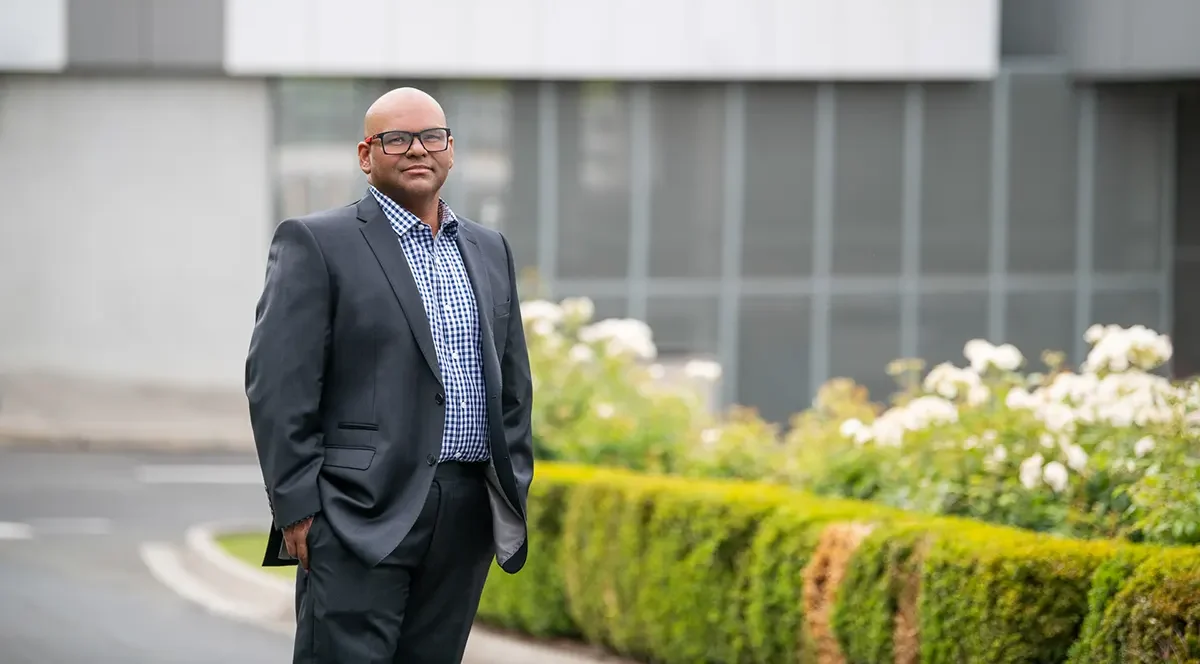
Surgery/Procedure
With Your Doctor
Before surgery, Dr Ariyaratnam will conduct a comprehensive physical examination to ensure there are no underlying conditions that could interfere with the surgery or affect your recovery. This may include routine tests, such as blood tests and X-rays, which are typically performed about a week before your procedure. Here are some important issues to discuss with your doctor.
Smoking
You must inform your doctor if you are a smoker and accurately inform him how much you smoke. Smoking increases the risks associated with surgery and can substantially slow down your recovery. Dr Ariyaratnam will advise you cease if possible, or substantially reduce smoking in the weeks leading up to surgery. Smoking leads to poor wound healing and delayed recovery from surgery and anaesthesia. In the context of certain types of surgery, for e.g. Incisional Hernia Surgery, Dr Ariyaratnam will recommend cessation of smoking and may decline to offer you surgery if this is not possible. If unable to cease smoking, you will be advised to stop smoking 1 month prior to surgery and for 8 weeks following surgery. With regards smoking cessation, please consult your GP to consider your options. Alternatively, Quitline on 13 18 48 can provide advice as required.
Medication Review
Be sure to discuss all medications you are currently taking with both your surgeon and your general practitioner. Some medications may need to be discontinued prior to surgery, while others may be adjusted. If you are on the following medications, please alert your surgeon at time of Consultation: Blood Thinners: Aspirin, Warfarin, Iscover, Clopidogrel, Pradaxa, Dabigatran, Rivaroxaban, Xarelto. NSAIDs: Ibuprofen, Mobic, Voltaren Diabetes Medication: Insulin, GLP 1 agonists (Ozempic), Dapagflozin Steroids: Prednisolone Statins Complementary Medications: Fish Oil
Exercise or Prehabilitation
There is good evidence that regular light exercise in the lead up to Surgery, decreases risk of complications and improves outcomes in General. For e.g. include: 20-30 mins - moderate paced walking per day.
Weight Management
If you are overweight, your doctor may recommend losing weight before surgery. However, do not start a restrictive diet during the month leading up to your procedure, as proper nutrition is essential for healing.
Preparation for General Anaesthesia
If you are planned to undergo General Anaesthesia, you will be requested to fast in preparation for your procedure.
Diabetes
It is imperative that you inform your surgeon if you are a diabetic and are on diabetic medication. Dr Ariyaratnam will have a low threshold to refer you to an Endocrinologist to optimise your diabetic control in preparation for surgery and beyond.
Home Planning
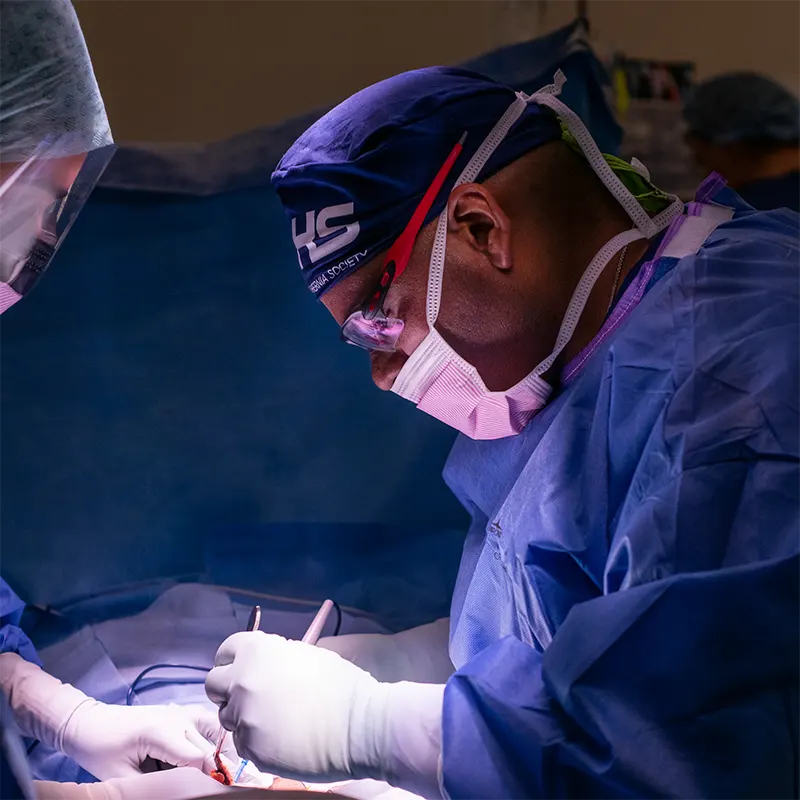
Help with Daily Tasks
Arrange for a family member, friend, or professional caregiver to assist with daily activities such as cooking, shopping, and laundry while you recover.
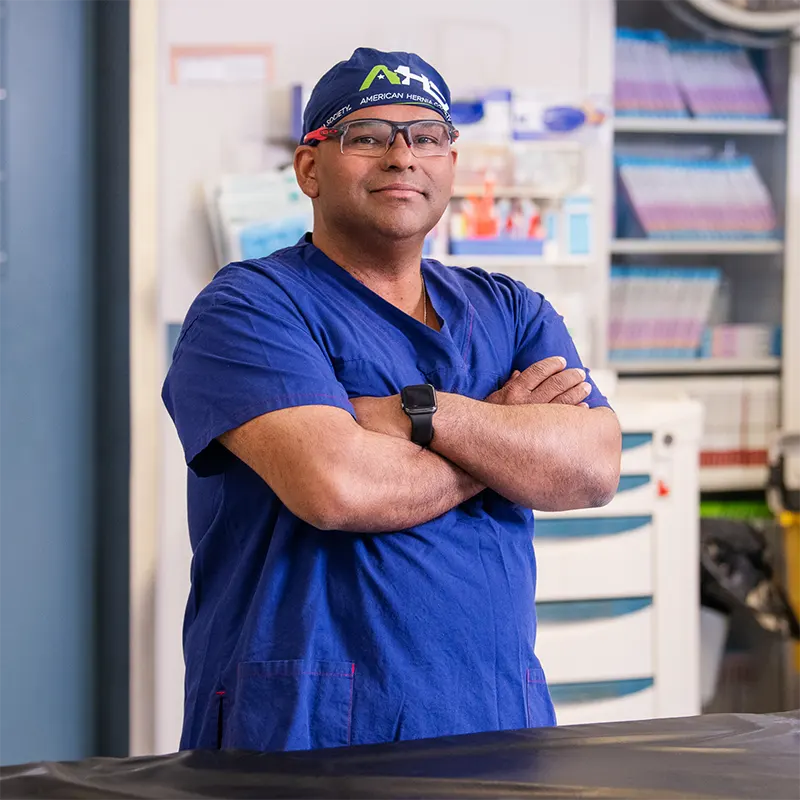
Rearrange for Accessibility
Place items you frequently use within easy reach to avoid excessive bending or stretching during your recovery.
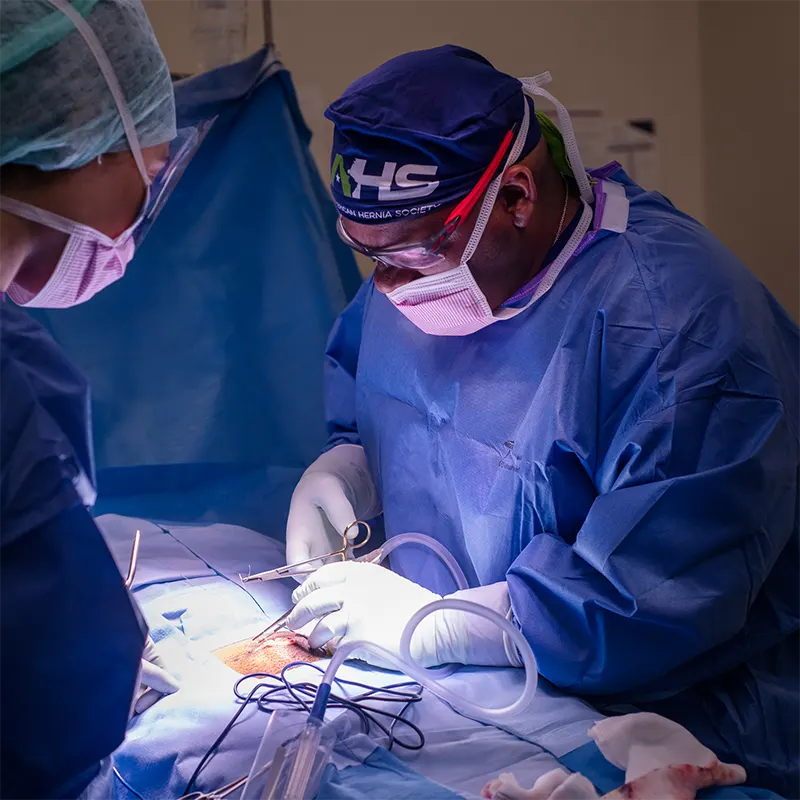
Furniture Adjustment
Ensure you have a stable, comfortable chair with a firm cushion, good back support, and armrests for easier movement in and out of the chair.
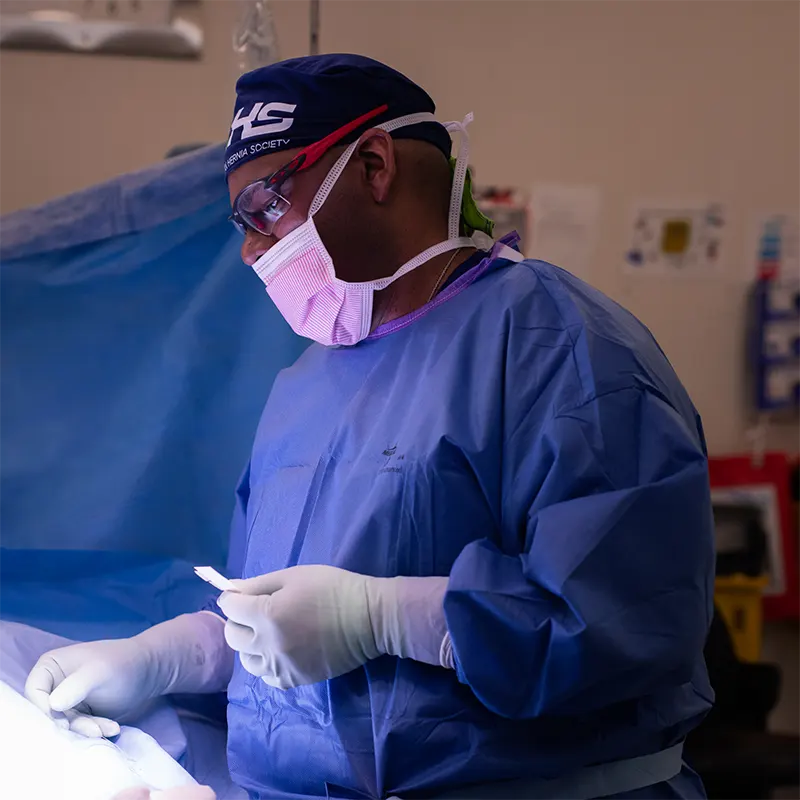
Fall Prevention
Remove loose rugs and secure any loose wires or cords to prevent falls.
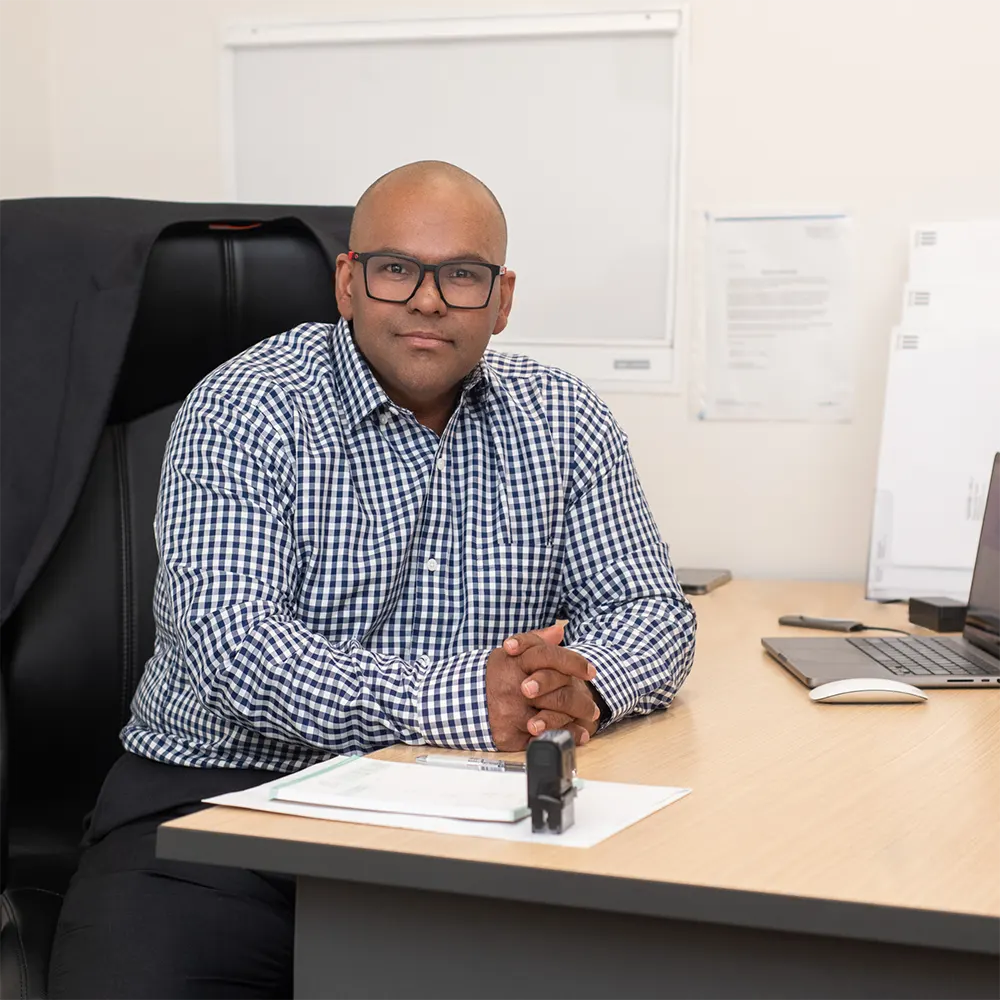
Day of Surgery
Eating and Drinking
Avoid eating or drinking anything on the trip home. The combination of anesthesia, food, and car movement can increase the likelihood of nausea or vomiting. Once you’re home, wait until you feel hungry before attempting to eat. Start with a light meal and avoid greasy foods for the first 24 hours to help prevent nausea.
Pain Management
Take your prescribed pain medication as directed. Start taking it as soon as you feel uncomfortable, but before the pain becomes severe. Waiting too long to take your medication may make it harder to control the pain effectively.
Transportation
Arrange for someone to drive you home after the procedure, as you will not be able to drive for at least 24 hours following surgery due to the effects of anesthesia.
Schedule a Telehealth or InPerson appointment

